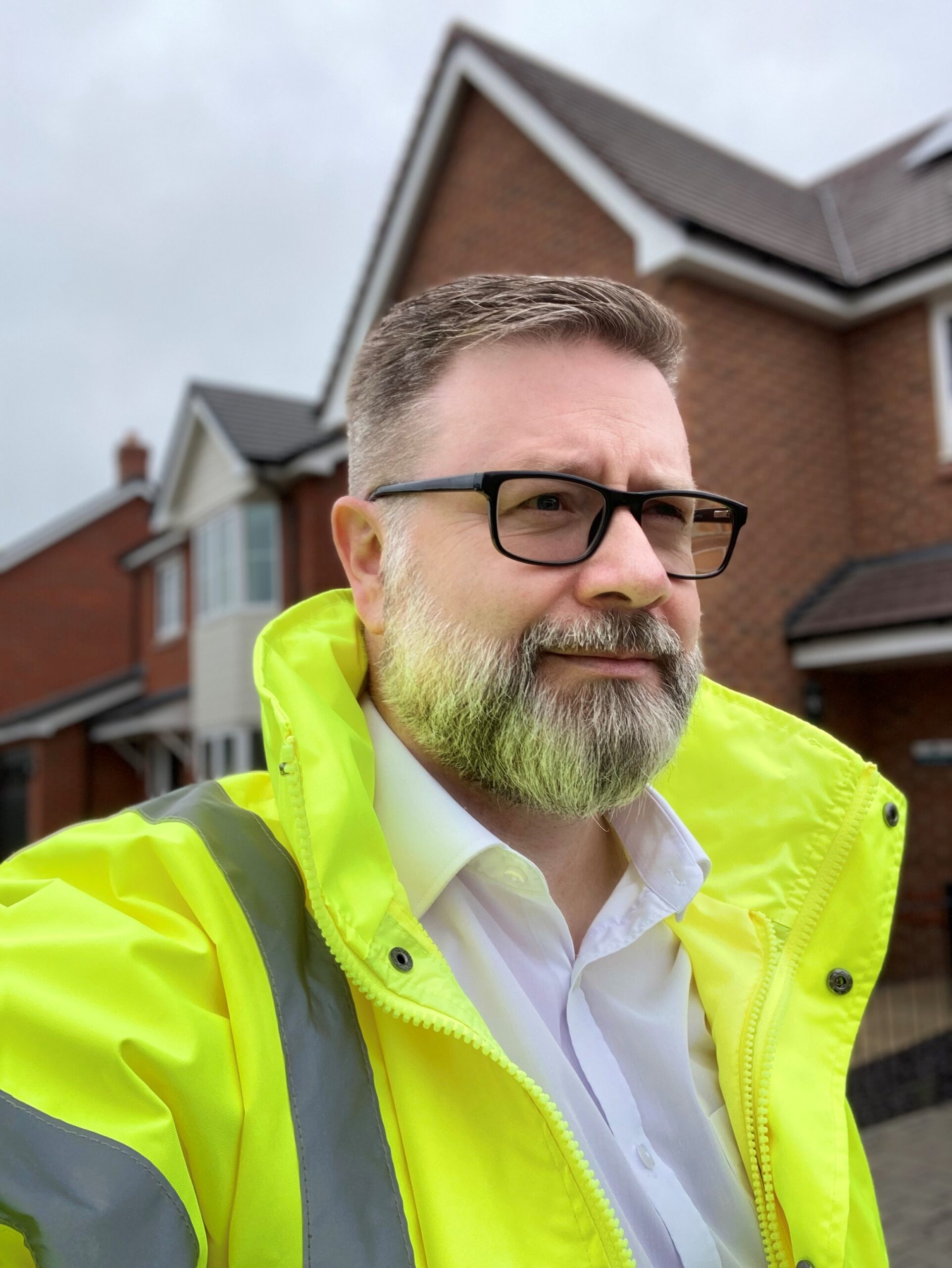Over 55s Housing Considerations

As we get older, our requirements and preferences when it comes to a new home naturally evolve. We know you’re likely still feeling young at 55, but this is the minimum age where properties can be classed as “retirement” or “later life” homes and can be made available to buyers.
Whether you’re planning for retirement or simply seeking a different living arrangement for your later years, it’s important to consider the factors to look out for in a new home. In this blog, we will explore what these factors are when searching for over 55s housing, so that you’re prepared for the journey ahead.
Getting a Mortgage
Securing a mortgage when you’re over 55 can present its challenges, but in recent years lenders have become more flexible. Lenders often approach this age group with caution due to concerns about post-retirement income and the ability to meet mortgage repayments. However, it is more likely now for lenders to consider income, including pension income, with the expectation that the customer will have their mortgage paid off by age 80. There is no hard or fast rule as all lenders are different and their criteria will change, so it is important to do your own research to find the best option for you.
Exploring mortgage options with shorter terms, like a 15-year mortgage, could be a good choice to ensure your home is paid off comfortably before or shortly after retirement. Additionally, maintaining a healthy credit score and having a substantial down payment can strengthen your mortgage application. Getting a pre-approval for a mortgage could be beneficial for older adults to understand how much they can afford when searching for homes.
Location Matters For Over 55s
The location of your home is more important than ever when you get older. You’ll want to consider the distance you are from the key places you visit. Factors for over 55s to think about may include:
- Proximity to family and friends: Being near loved ones can provide emotional and practical support.
- Public transport: If you stop driving as you get older, will you have access to public transport links like a bus or train to get around?
- Healthcare facilities: Is your GP or a hospital nearby? Having easy access to medical care may be a factor to consider.
- Community Activities: Having community centres and places to meet with peers could improve your well-being.
- Places of worship: If religion plays a large role in your life, you may want to find a place of worship close by.
- Recreational activities: if you enjoy walking in nature for example, are there parks nearby to enjoy?
Maintenance Needs
As you get older, certain home maintenance tasks can become more challenging. Having to manage a huge garden may not be feasible and owning a large house could become difficult to clean. For some, a gardener and house cleaner is an option, but for others, this is not a possibility. Overall, you’ll want a home that is not a burden to look after as you age.
Major expenses like replacing kitchens and bathrooms in older homes can be costly and disruptive which is where new homes can be appealing to many.
The Type of Home
There are many different considerations to make when looking at the type of home to buy. Some of these factors include:
Downsizing and Decluttering
- You may want to declutter and downsize so that you can manage a smaller living space with fewer possessions.
Is a Bungalow a Good Option For Over 55s?
- Bungalows are fantastic options for older adults who might struggle with stairs in years to come, reducing the risk of falls.
Adaptability as You Age
- It could be beneficial to select a home that can adapt to your changing needs as you grow older. Even if you don’t require these features now, you might need a walk-in shower or more accessible features in the future. An open-plan design, for example, could be advantageous for wheelchair users.
New Build Homes for Over 55s
Consider exploring new housing developments designed with the needs of older adults in mind. At County Town Homes, we create our houses with all age demographics and needs in mind. Unlike many new build home developments, we build bungalows, like The Oak, for adults looking for single-level living without the need for stairs.
In conclusion, finding the right housing option as you reach your senior years involves careful consideration of your financial situation, location, and the type of home that will accommodate your evolving needs. We hope our blog outlining a list of factors to consider will help you on the journey to finding your ideal home in later life.

